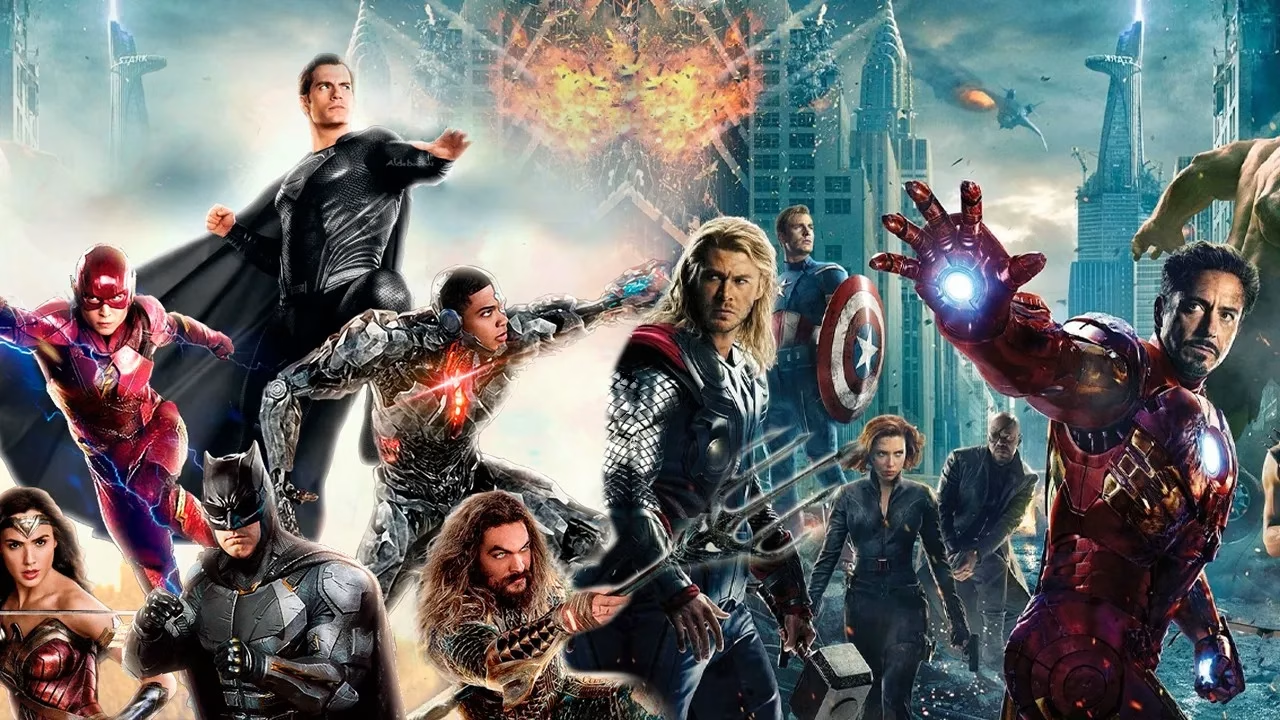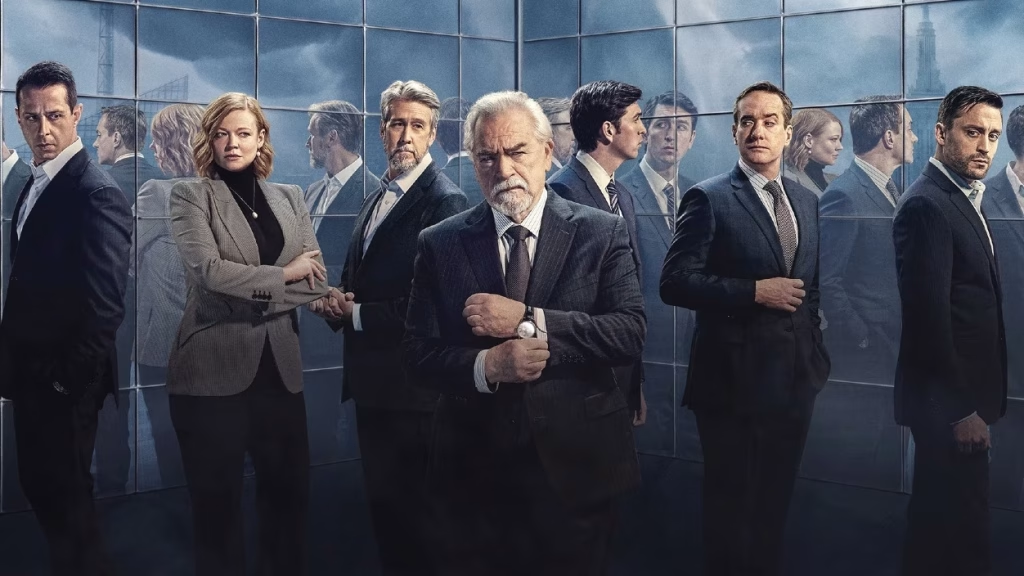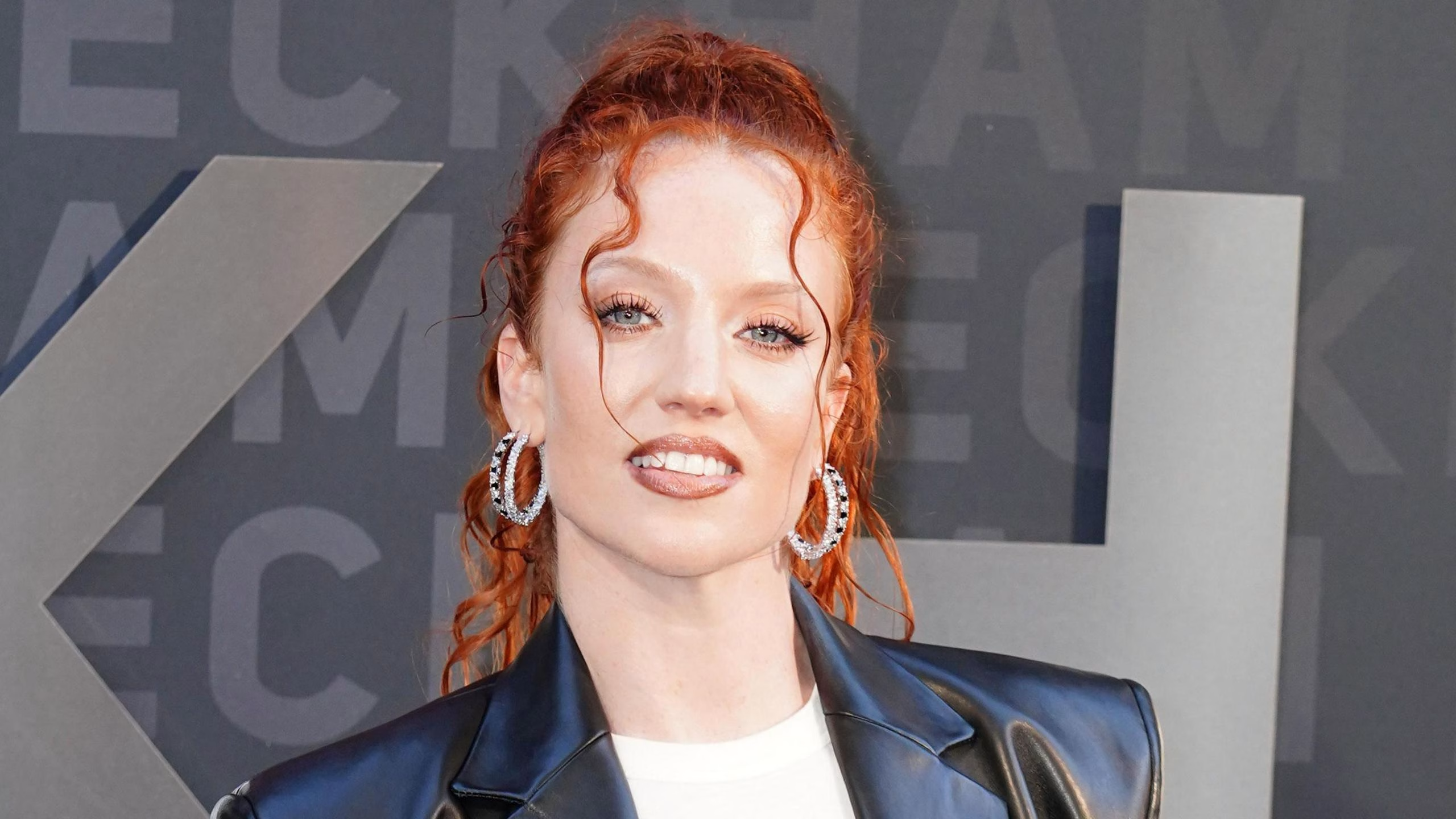Superhero Movies Are Thriving Again: Can DC and Marvel Learn from Past Mistakes?

Superhero films are back in the spotlight—yet can DC and Marvel break away from their previous missteps?
The notion that superhero stories lack real stakes might hold some truth; after all, the past few years have proven quite challenging for the once-dominant American superhero genre. Only two superhero films made it to the list of top-grossing movies in the US for 2024, with just three in 2023. In contrast, 2022 saw as many hits as both these years combined, while all four of 2021’s top-grossing films were superhero-related. While films like “Deadpool & Wolverine” still succeeded at the box office, the genre has faced a surge of disappointments, with sequels to hits like “Joker” and “Aquaman” significantly underperforming. New franchise attempts, such as “The Flash,” “Madame Web,” and “Kraven the Hunter,” failed to generate interest, and even a film titled “The Marvels” struggled to find its audience.
The trend continued into 2025, where Marvel’s “Captain America: Brave New World” and “Thunderbolts” both fell flat at the box office. Even positive reviews—a rarity for MCU films—failed to turn things around for “Thunderbolts,” which received better feedback but still underperformed compared to its predecessors. However, in July, hope emerged as DC launched a new cinematic universe with a Superman film that has quickly garnered acclaim, soaring past $500 million globally in under three weeks. Meanwhile, Marvel’s latest take on the “Fantastic Four” is also experiencing strong box office success.
So, what have these leading superhero studios done right this summer? While “making good movies” is a simple answer, it’s subjective. “Thunderbolts,” for instance, had its own supporters. The new Superman and “Fantastic Four” movies seem to share key elements; both draw inspiration from the Silver Age of comics (1956-1970), a time filled with vibrant superheroes, bizarre villains, and imaginative sci-fi elements. Many beloved Marvel characters debuted during this era, where Superman often interacted with a wide array of heroes and faced colossal monsters.
Though general audiences may not recognize the Silver Age’s nuances, they might appreciate its stylistic advantages. The recent films opting to avoid grand retellings of origin stories—providing necessary background information without dwelling on it—allow new viewers to jump into the adventures without extensive prior knowledge. This approach emphasizes that there’s no need for an audience to have read 20 comic issues before enjoying the latest movie.
Another important factor in these recent successes is their appeal to younger viewers. Both “Superman” and “Fantastic Four” present themselves as bright, fun adventures suitable for kids—despite some darker moments. It’s notable that “The Marvels,” while great for kids, failed to capture attention in the same way. By prioritizing enjoyment for younger audiences, these films acknowledge the adage about recognizing what makes movies enjoyable, even if they’re not sophisticated works of art. Would kids find “Captain America: Brave New World” fun? Probably not.
This return to standalone stories aligns well with drawing in younger audiences as well. An 11-year-old seeing a superhero movie today doesn’t need to have followed extensive lore. For example, “Thunderbolts” is tied to several prior MCU projects, making it challenging for newcomers. In contrast, “Fantastic Four” is accessible, even if a mid-credits scene introduces concepts unfamiliar to casual viewers or those outside the comic community.
Yet, in teasing the future, “Fantastic Four” hints at how easily DC and Marvel could revert to old habits. Marvel isn’t exactly veering toward more standalone films; in fact, the next MCU movie is a fourth “Spider-Man,” showcasing a potentially safe route amid an industry grappling with superhero fatigue. The MCU has been trying to recreate the monumental success of “Endgame,” and while individual films like “Doctor Strange,” “Black Panther,” and “Spider-Man” have thrived, only “Spider-Man” has a confirmed sequel in sight. The studio continues to pursue massive crossover events instead of focusing on smaller stories.
This fatigue can be attributed in part to Marvel’s overwhelming success. The franchise made strides toward a monumental climax with “Endgame” in 2019 but has since struggled to maintain that momentum. Although big hits are still a reality, the strategy of diffusing attention across multiple stories could backfire.
On the other hand, DC plans to revive some iconic characters through new projects, including “Supergirl,” which promises a stand-alone story despite some connections to Superman lore. This return to original comic storytelling might just inject fresh life into superhero films, offering audiences something engaging and new while revitalizing old inspirations.



















